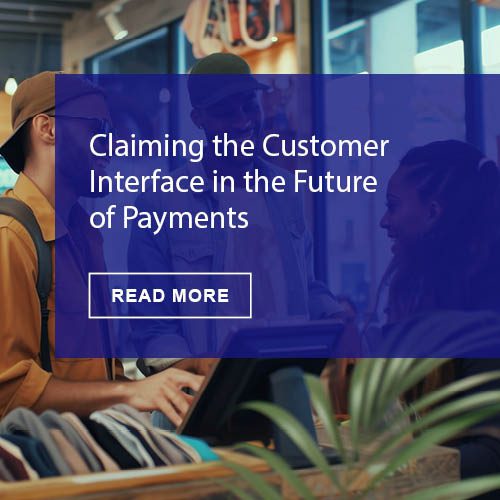Smartphones today are being used for everything from texting to binge-watching the latest season of “Game of Thrones.” The technological distance between consumers and commerce has all but been eliminated. And the proliferation of smartphones has become central to the rise of online transactions, which are transforming traditional industries, such as auto and finance.
Recent security breaches are clear reminders that the cyber-based industry needs to continually evolve and improve its data security measures — or die at the hands of consumer abandonment. Adopters of technology (with millennials leading the charge) have found it difficult to place their faith in “legacy” institutions whose technology has been routinely bested by outside threats.
Therefore, the growing popularity of transitional and financial-based smartphone apps has resulted in most FinTech companies having to demonstrate greater assurances that they are vastly safer and more secure consumer expectations. In order to prevent hacking and fraud, companies have had to be more vigilant — and highly innovative — when it comes to the design of mobile apps that ensure the safety of their customers’ personal and financial data.
How will this changing mode of commerce help consumers gain greater control of not only their buying power but also the rate and level of service they’re seeking? The result is already flipping traditional business models to put consumers in the driver’s seat and once there, positioning them to take the lead.
Catering to each consumer
When it comes to service, consumers want different things. We tend to generalize based on classic customer segments but this doesn’t need to be the case. There are probably many millennials who want personal service over speed and efficiency and baby boomers who are extremely tech savvy that want a deal done with as little inconvenience as possible. Also, what they want and the speed at which they want it may vary during the various phases of the overall purchase experience.
Perhaps one segment wants to methodically shop for a car or other major purchase, to ask questions of an expert and eventually find the perfect vehicle at the best price. Once they’ve found it, however, they’re ready for the deal to be done at warp speed. With others, it may be the reverse. They know exactly what car they want and where to find it but they want more discussion and reassurance when deciding on financing. They’d like to mull over loan terms and interest rates in detail with a trusted consultant before making a final decision.
Apps, technology and finance
Consumers in the digital age have little patience for tedious paperwork. We’re so used to being able to send documents from a device in the palm of our hand. Hunting down, photocopying and mailing hardcopy tax returns, W2s and paycheck stubs can be seen as an extreme annoyance.
Like the health care industry, security issues were one of the reasons the financial industry was a late adapter to digital records and digital records transfers. But as other industries migrated to 100-percent digital, the more traditional industries had to keep up.
The future of lending will be an amalgam of service and speed that is able to provide consumers what they want when they want it. But there is still that third variable: security.
Strengthening security
As stated above, the financial industry may have been a late adapter to full digitization, but the continued hacking incidents show that the resistance wasn’t completely unwarranted. The shift had to occur though and now we have an entire new area of risk. But this risk brings new solutions.
Companies that use encryption and data security technologies as a main strategy to ensure that customer data is secure will be on the forefront of the lending revolution. Whether you upload your personal information by transferring it from one app to another or you do it by scanning and uploading hardcopies, the information will still live digitally in the IT systems used by the financial institutions. As consumers become savvier about their financial clout, they are also becoming more sophisticated regarding the security of their information. It will all come down to trust.
Ensuring consumers and customers that the safety of their personal information is paramount to a company, is another level of service that can be offered in this new lending dynamic. And once provided, it can be a compelling motivator for customer loyalty and word-of-mouth recommendations.
Driving future expectations
Speed. Service. Security. These are the elements that today’s consumer demands and a company that is willing to go the extra mile to innovate solutions to provide all of these will be the driver of the next level of success.
The innovators that can provide the service their current and potential customers are seeking will be able to compete on an entirely new level. Ideally, this will nurture and create a loyal customer base, who will recommend your service to others and share it with their social networks, which will ripple out exponentially.











